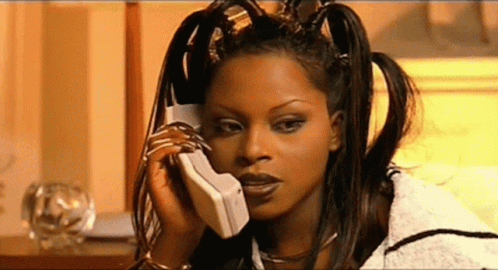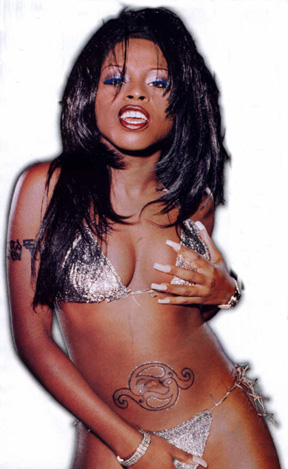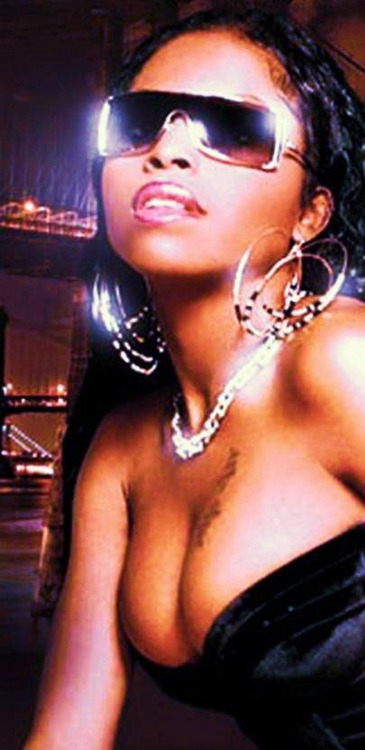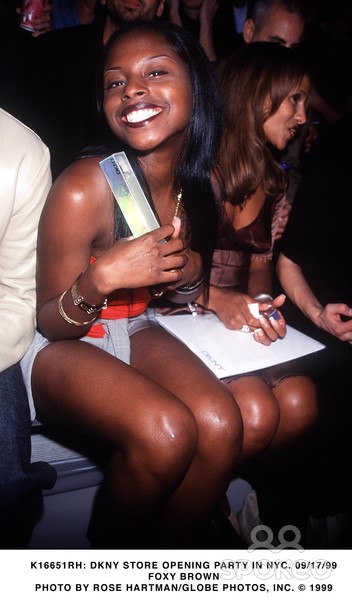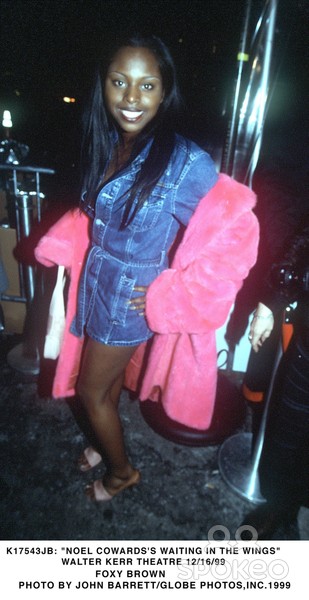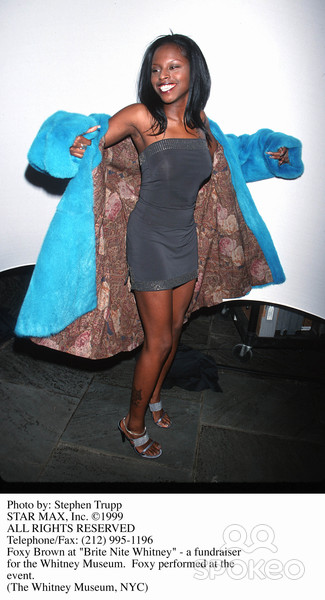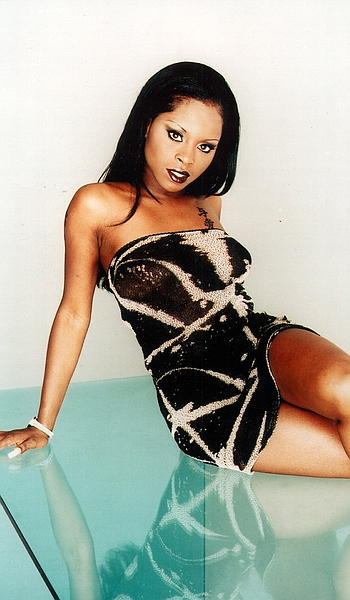Rapper Foxy Brown Digital Biography
FOXY BROWN
GOVERNMENT NAME: Inga DeCarlo Fung Marchand
SUN SIGN: VIRGO
BIRTHDAY: SEPTEMBER 6
HOMETOWN: BROOKLYN, NEW YORK CITY, NY
Music Video:
Hip-Hop Bio:
Taking her stage name from the sexy, gritty Pam Grier character of 1970s blaxploitation cinema, hip-hop artist Foxy Brown has attained unprecedented success on the strength of her considerable talents and charisma.
As a child in Brooklyn, NY Inga Marchand—better known as Foxy Brown—was born on September 6, 1979. The second of three children, Brown was raised by mother Judith Marchand, who found herself a single parent after her husband abandoned the family. Judith, an elementary schoolteacher, maintained a modest home in the Brooklyn, New York community of Park Slope. There, she stressed the importance of education to her children, instilling strong family values in Brown and brothers Anton and Gavin. As a girl, Foxy enjoyed dance, music, and observing the cultural traditions of her family’s Trinidadian heritage. After discovering hip-hop music, Brown often locked herself away in her bedroom, practicing her own rhymes for hours on end. Friends and family would quickly realize that Foxy was a skilled rapper.
Sixteen-year-old Foxy prior to Ill Na Na's release Before winning a local talent competition in 1994, Foxy had given only passing consideration to a full-fledged career in music. A subsequent invitation to freestyle on stage, however, brought young Foxy to the attention of hip-hop producers Trackmasters, who were working on LL Cool J’s Mr. Smith LP at the time. A guest appearance on “I Shot Ya,” a B-side single from that 1995 album, marks Brown’s first commercial credit. The song was a hit, and before releasing any material of her own, Foxy would appear on several other 1995-1996 platinum and gold singles, including Case’s “Touch Me, Tease Me,” Jay-Z’s “Ain’t No…,” Total’s “No One Else,” and the remix to Toni Braxton’s “You’re Makin’ Me High.” The impressive string of hits sparked a recording company bidding war in early 1996, and by March, Foxy Brown had signed with premier hip-hop label Def Jam Records.
Shortly after signing, sixteen-year-old Brown began recording her first solo album, Ill Na Na, with the help of the Trackmasters production team and fellow urban artists Blackstreet, Havoc, Jay-Z, Kid Capri, and Method Man. Buoyed by the smash lead single “Get Me Home," the album debuted at number seven on the Billboard 200 sales chart in late 1996, just after Brown’s seventeenth birthday. Ill Na Na would eventually go on to sell more than two million copies, earning platinum certification from the Recording Industry Association of America (RIAA).
With fellow Firm members Nas and Nature In 1997, Foxy Brown joined Nas, AZ, and Nature to form hip-hop supergroup The Firm. Under the guidance of producers Dr. Dre and Trackmasters, the group recorded its debut, The Firm: The Album, which was released in October. Having appealed to Nas and Brown’s considerable fan bases, the album debuted at number one on Billboard charts, selling more than 200,000 copies in its first week. Though it eventually attained platinum sales, the over-hyped and critically lambasted album never spawned a hit single and was considered a failure. Personal and creative differences divided the group, and headliners Nas and Foxy Brown quietly returned to their successful solo careers.
At an in-store session after Chyna Doll's release Foxy reemerged in January 1999 with the release of her second album, Chyna Doll, which featured appearances by DMX, Mya, Total, and Jay-Z. After selling nearly 180,000 copies in its first week, Chyna Doll debuted at the top of the album charts, marking the first such achievement for a female rapper. At the time, Foxy Brown was also the youngest recording artist to ever debut at number one. The album went on to sell in excess of 1.5 million copies, earning Brown yet another platinum certification from the RIAA.
Modeling Calvin Klein Jeans on a New York City billboard In the years that followed, Foxy pursued a modeling career, landing campaigns with Calvin Klein and Christian Dior, among others. Remaining active in the music industry, she also made guest appearances on several singles, including Sisqo's "Thong Song" remix, and, most notably, CNN's "Bang Bang." Her verse on the CNN track—a stinging diatribe against rival Lil’ Kim—was said to have provoked the February 2001 gunfight between Kim and CNN’s entourages outside the offices of a New York City radio station. Foxy was not present at the shootout, though she publicly denounced the violence and extended an olive branch to Lil’ Kim, who failed to return the gesture.
Artwork from Brown's Broken Silence album On July 17, 2001, Foxy Brown released her third solo album, Broken Silence, after a yearlong delay. The critically acclaimed record debuted at number five on the Billboard charts, selling more than 130,000 in its first week. The album was certified gold within thirty-five days, and sales would continue to grow; indeed, Broken Silence has sold nearly one million copies to date. Several songs on the album evinced a marked Caribbean influence, owing to Brown’s own Trinidadian heritage. Often weaving Caribbean patois into her rhymes, Foxy has made the reggae-inspired style one of her trademarks.
In early 2002, Def Jam Records renewed Brown’s contract in a joint venture with P. Diddy’s Bad Boy Entertainment. During the re-signing process, Foxy also negotiated her own label deal with the Universal Music Group, forming the Ill Na Na Entertainment imprint. With a new recording contract and label deal secured, Brown began work on a fourth album, entitled Ill Na Na 2: The Fever. She released the single “Stylin’" soon after in an effort to build buzz for the forthcoming LP; powered by catchy lyrics and an infectious beat, “Stylin’" became a modest hit despite the lack of official promotion. Aside from a handful of public appearances, Foxy maintained a low profile throughout the remainder of the year, keeping busy in the recording studio.
On the red carpet at the 2003 Grammy Awards As Brown readied Ill Na Na 2 for a May 2003 release, Recording Academy voters honored her past work with a Grammy nomination. The Broken Silence track “Na Na Be Like" competed for the first ever Best Female Rap Solo Performance prize, but Foxy would lose out to Missy Elliott at the February 2003 Grammy Awards ceremony. Brown began promoting Ill Na Na 2: The Fever in March with the release of “I Need a Man," the album’s lead single. The song failed to take off, and May passed without an album—or any word on its status. Finally, in mid-April, Foxy appeared on Wendy Williams’ popular radio program to announce that Ill Na Na 2 had been shelved due to contractual disputes with Bad Boy Entertainment. Days later, a rough cut of the album was leaked to internet file-sharing networks, further jeopardizing the record’s prospects for release. In October, ending months of speculation, Brown announced that Def Jam executives had terminated her contract at her request. During a subsequent visit to the Wendy Williams Show, Foxy detailed the inhospitable conditions that had instigated her split from the label, including compensation disagreements and lack of creative control. Undeterred by the collapse of her relations with Def Jam, Foxy Brown moved on confident in her talents and eager to begin a new chapter in her career.
Foxy promotes her furs on cover of Women's Wear Daily Though offers quickly poured in from several record labels, Foxy did not rush to commit to her next musical venture. Instead, she elected to add a new title to her already formidable résumé: clothing designer. Capitalizing on her reputation as a fashion maven, Brown introduced two luxury fur lines in the summer of 2004 under the Foxy Brown and Marchand brands. Manufactured and marketed in conjunction with famed New York furriers Alexis & Gianni, the furs were offered at upscale retailers nationwide, selling respectably for new brands.
Foxy is poised to reclaim the throne with the release of Black Roses As she carefully weighed her options for a new recording contract, Foxy collaborated with several friends, making guest appearances on 2004 albums from Shyne, Wyclef Jean, R. Kelly, and Jay-Z. In the fall, she and others came to Jay-Z’s aid when R. Kelly unexpectedly dropped out of a concert tour he and Jay had headlined. Rechristened the “Jay-Z and Friends Tour," the concert series reunited Brown and Jay-Z onstage more than eight years after the pair had skyrocketed to fame on the success of their joint track “Ain’t No…." Rumors swirling throughout the music industry indicated that Foxy would sign to Jay-Z’s soon-to-be-announced S. Carter record label, a joint venture with the Warner Music Group. Though the S. Carter deal never panned out, in late December 2004, the Universal Music Group appointed Jay-Z president of its Def Jam Music Group subsidiary. As his first order of business, Jay-Z signed longtime friend and collaborator Foxy Brown to Def Jam Records, returning her to the label that had launched her career.
Brown began recording a new album, Black Roses, in early 2005.
(source: fbhotspot.com)
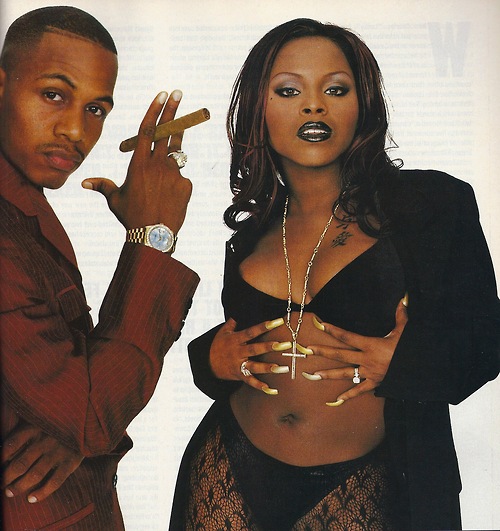
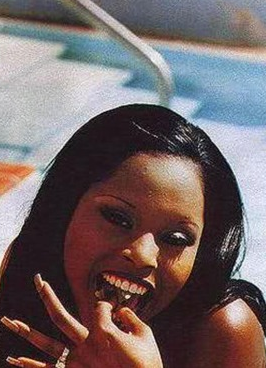






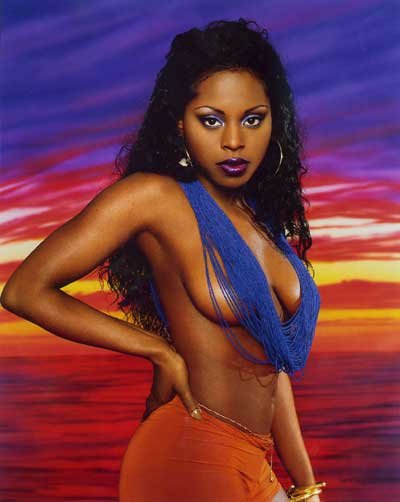



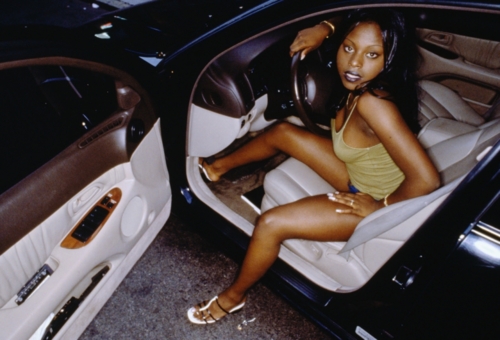


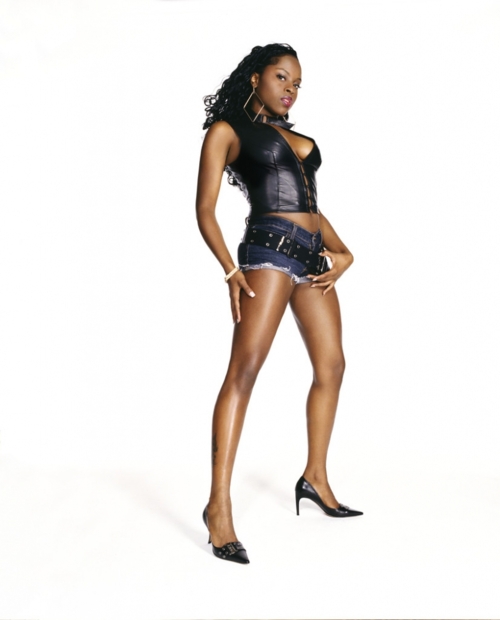

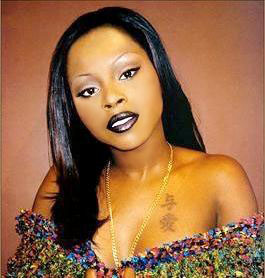
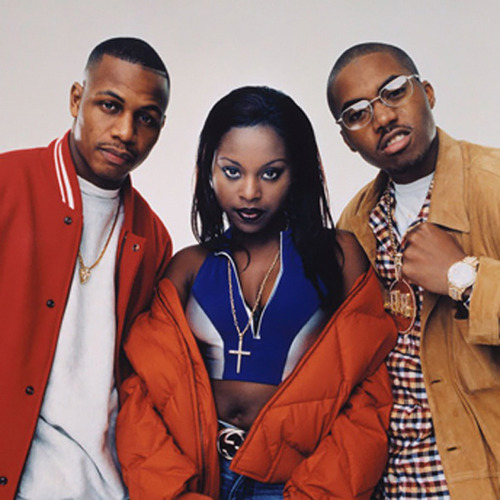
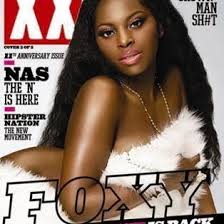

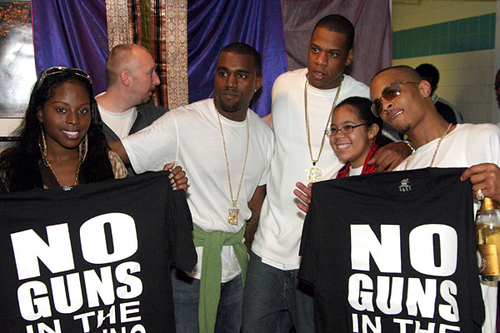
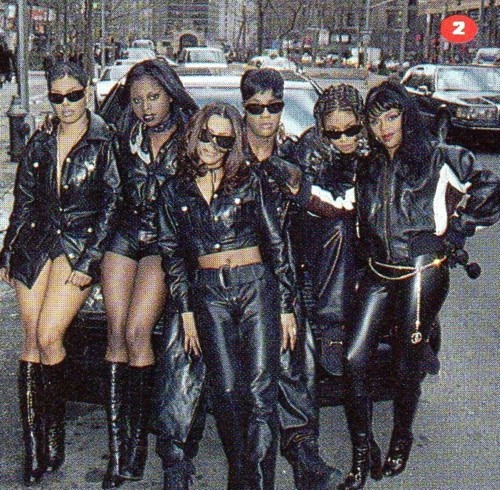
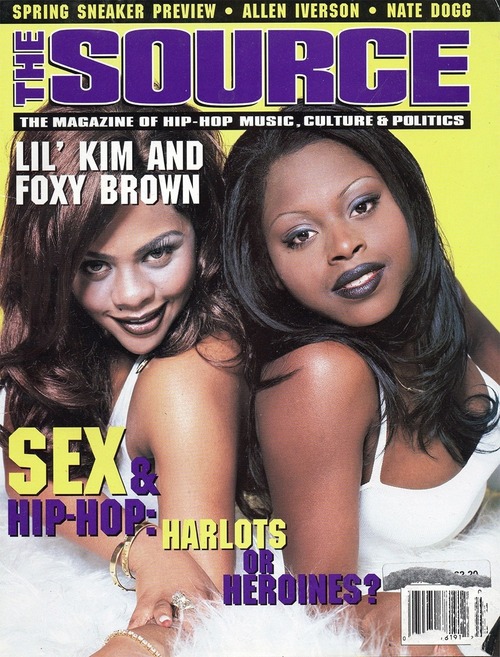
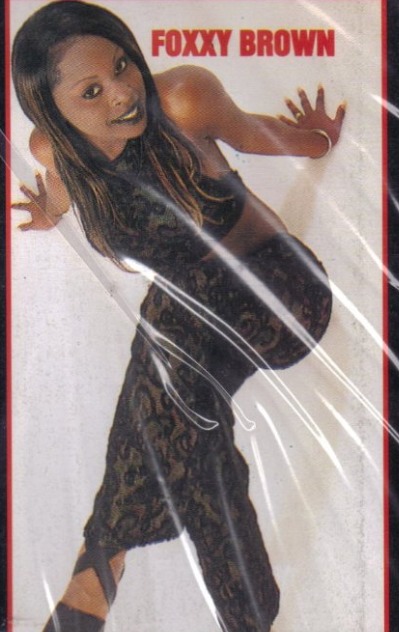

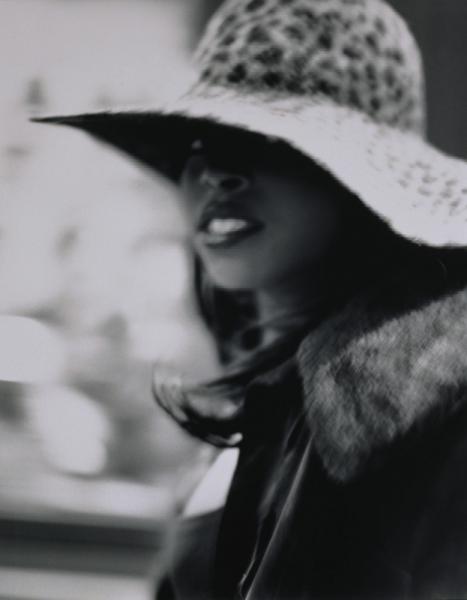



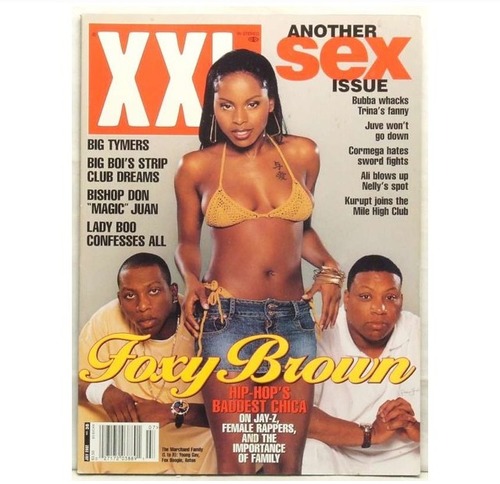


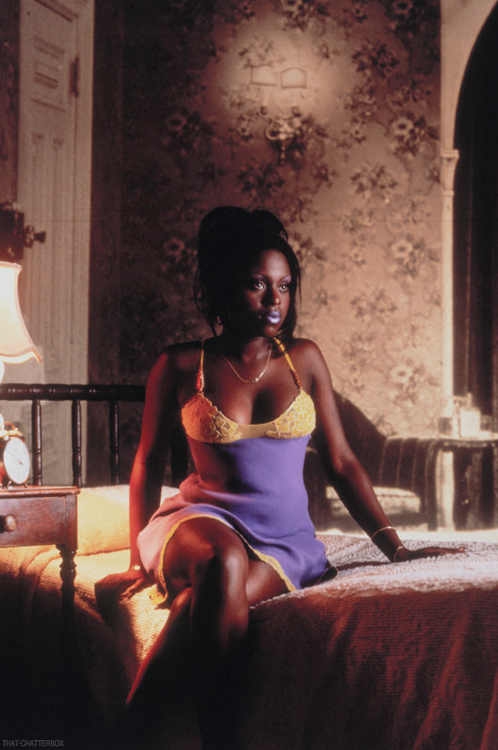

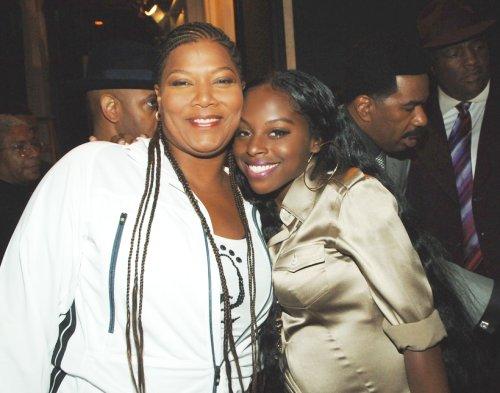

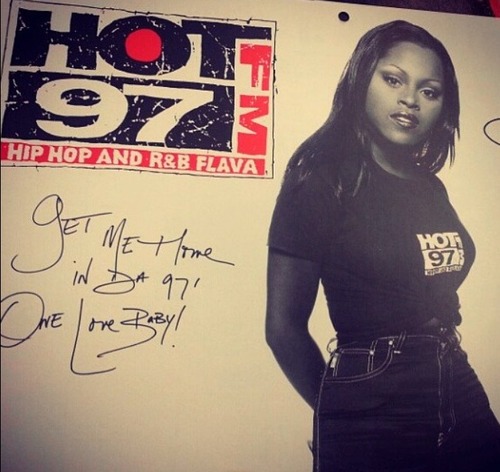
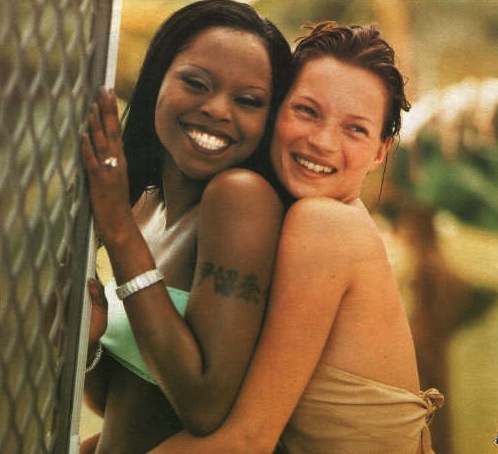

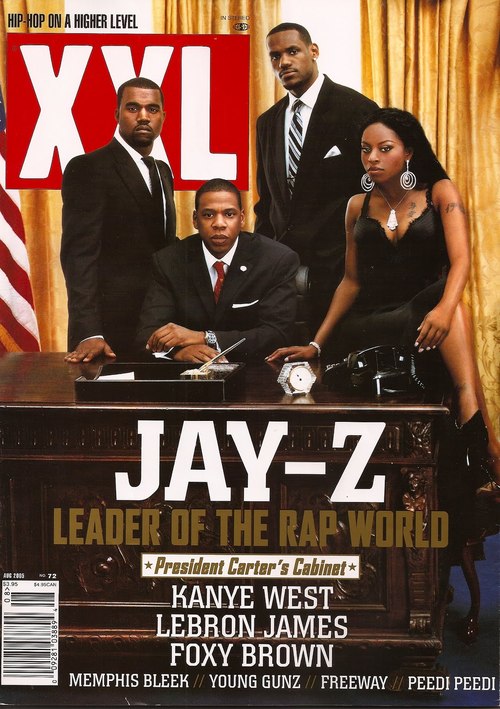

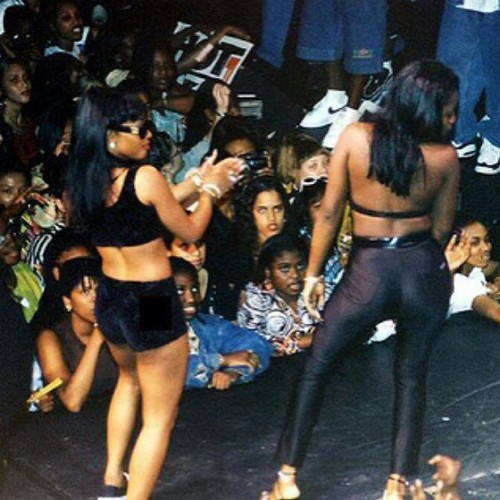
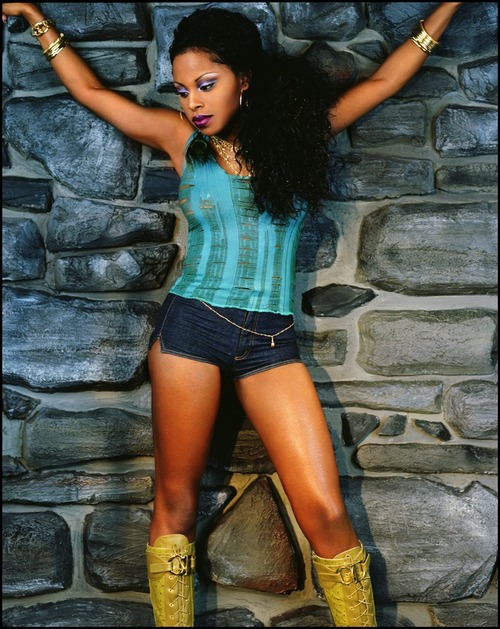
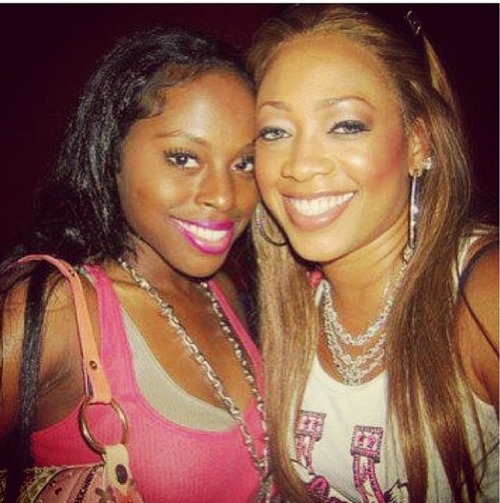

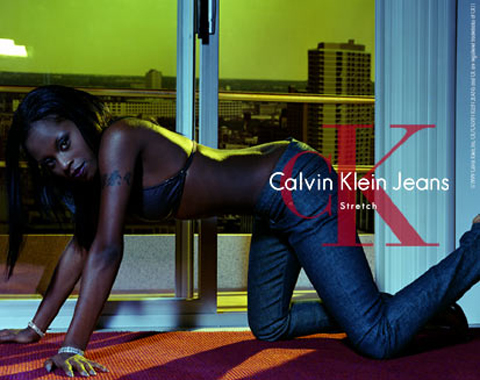


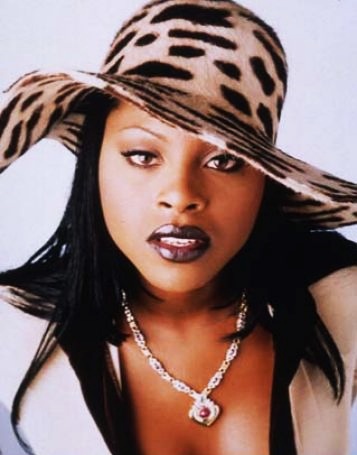


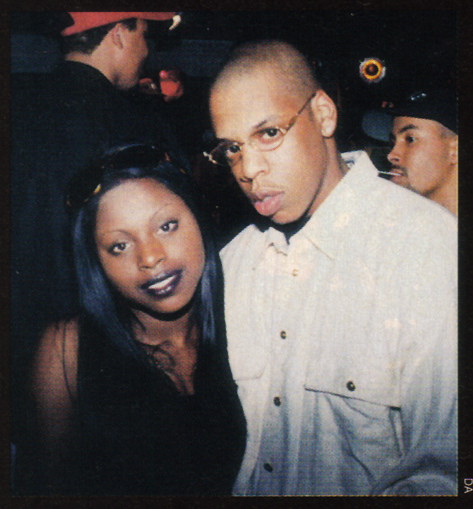
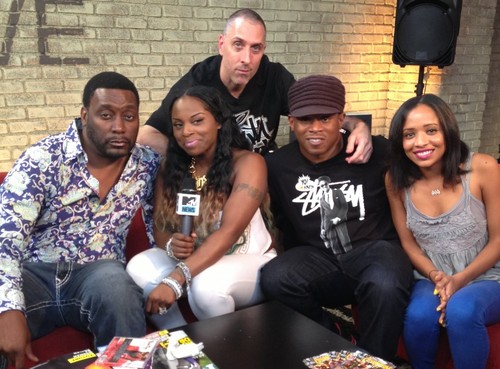
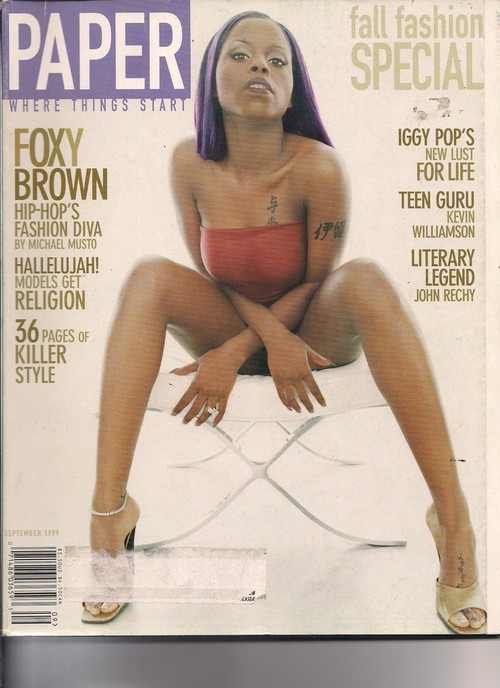
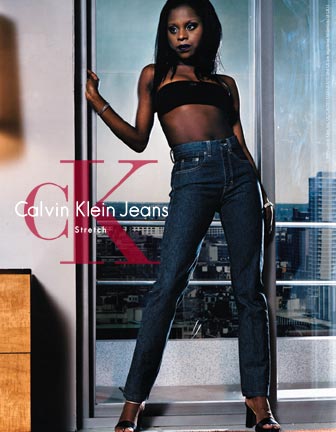



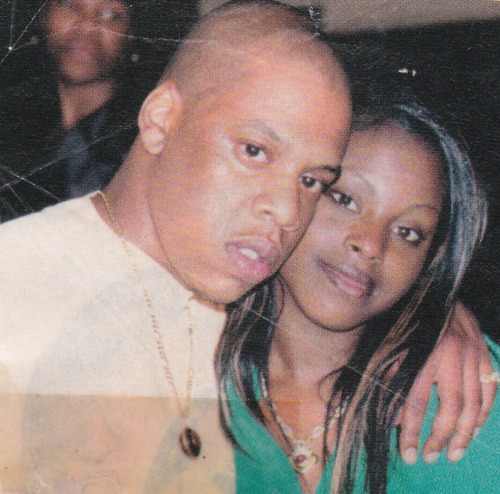


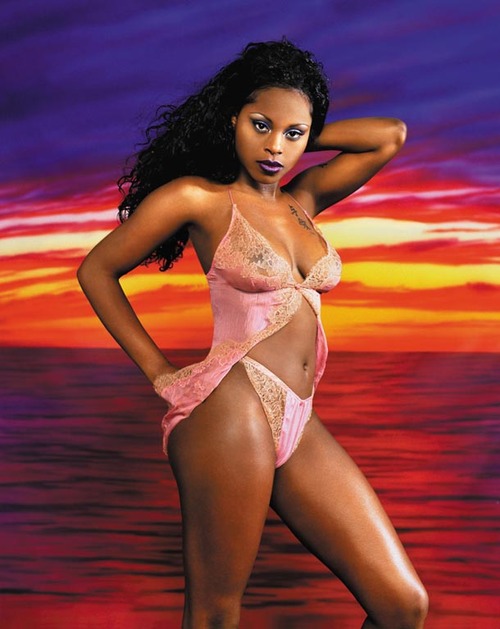



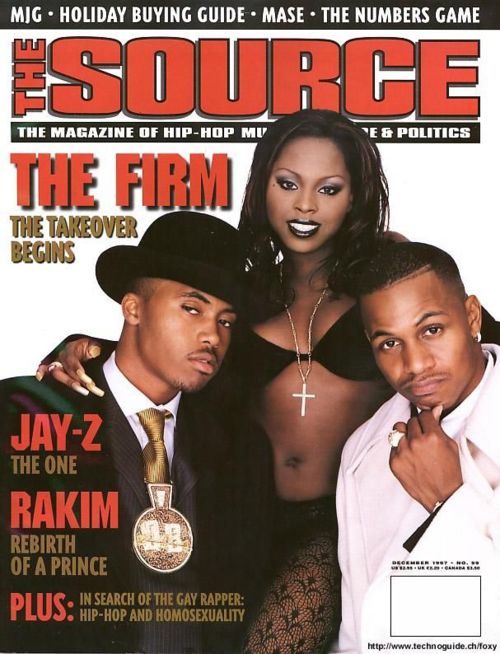




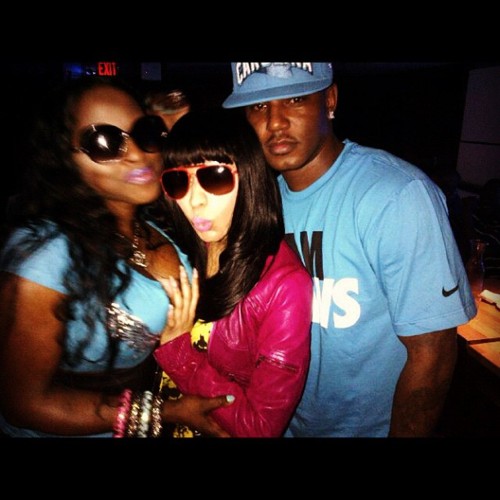
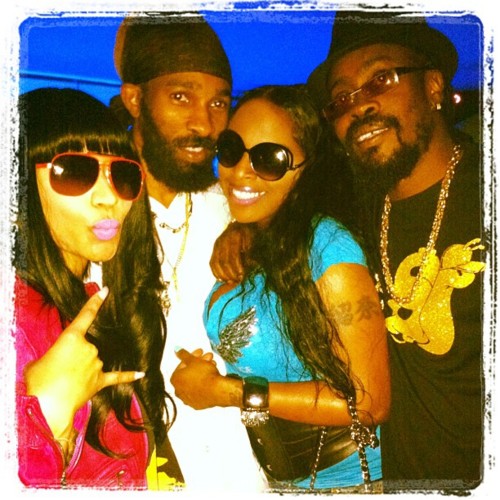
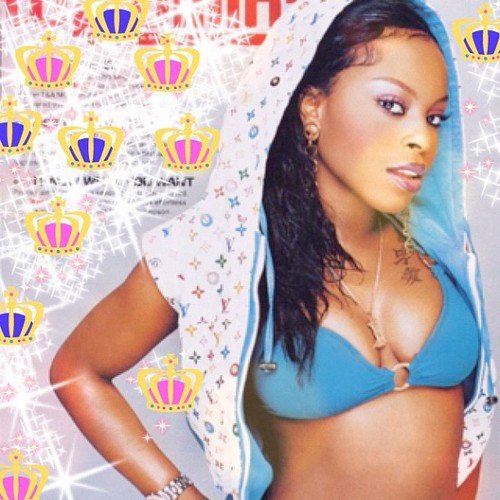
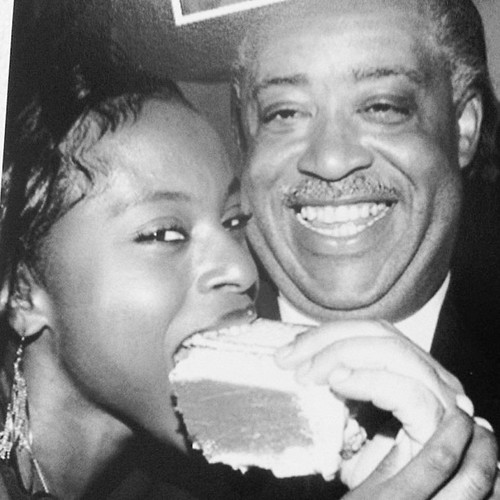
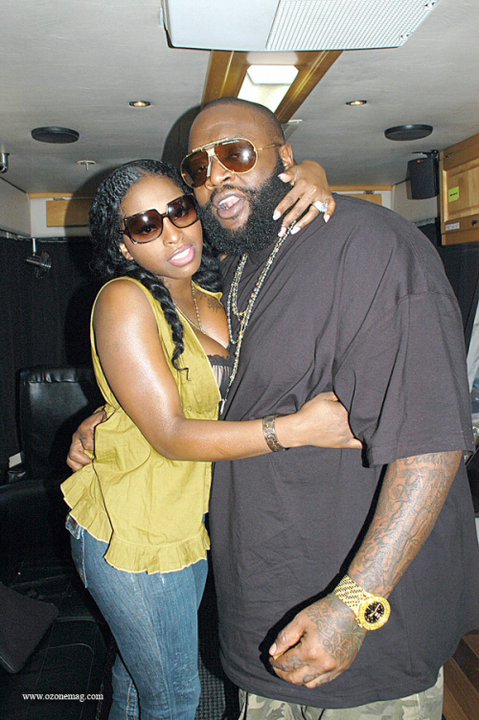

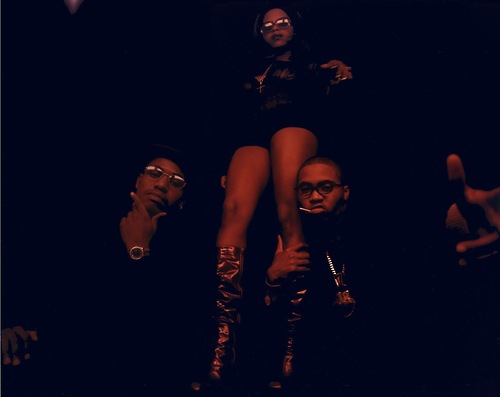
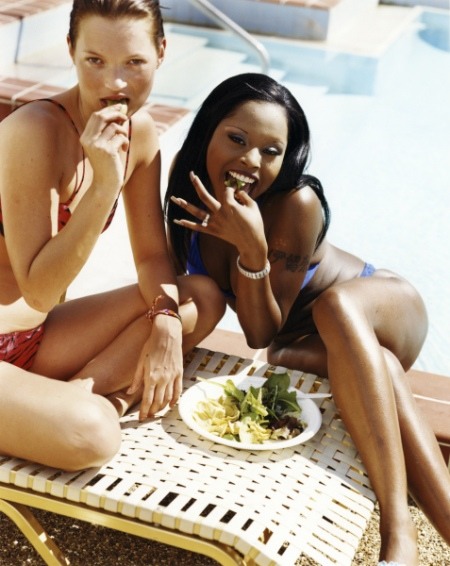
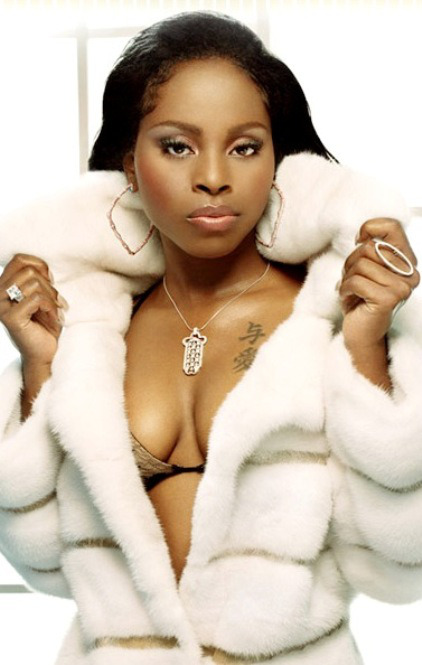

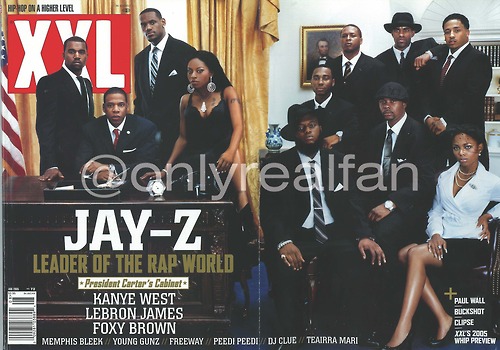
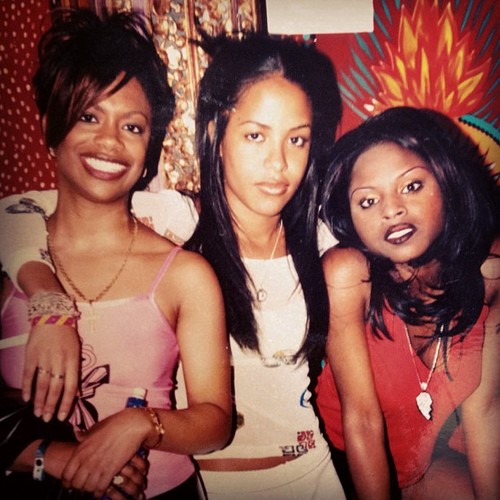

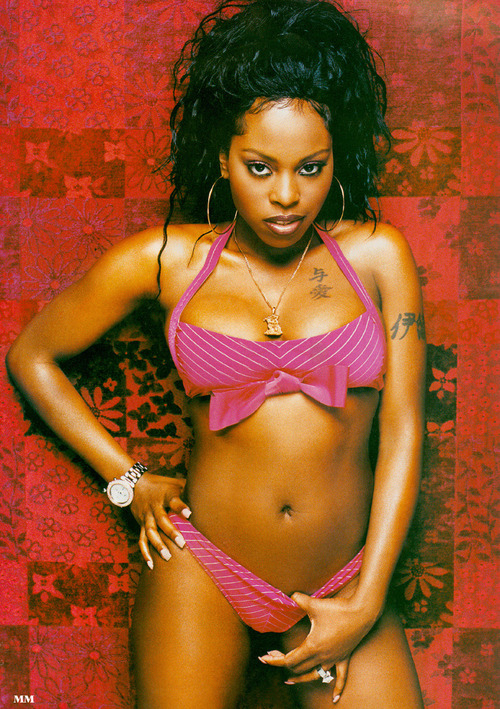
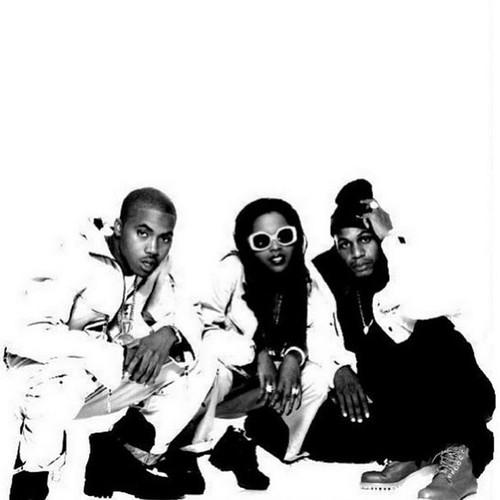
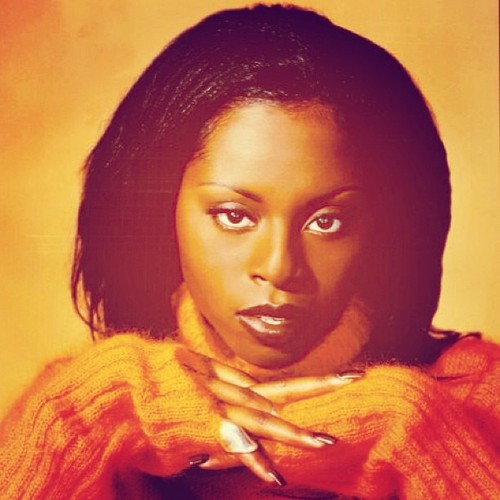

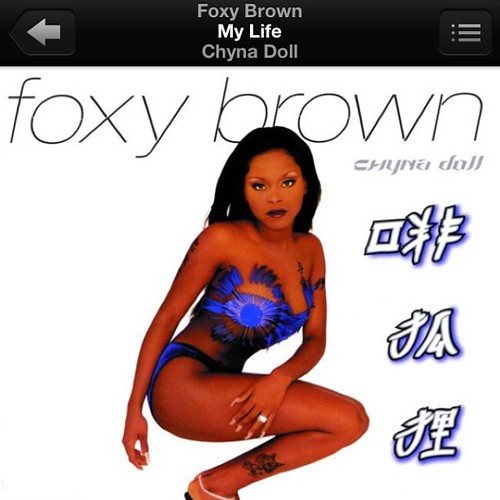




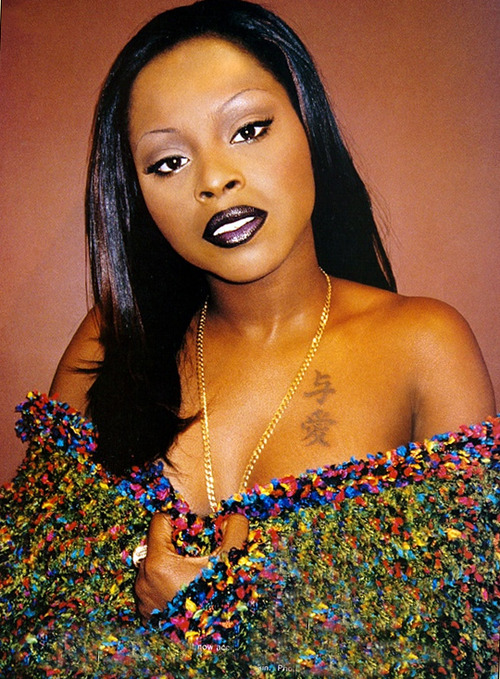




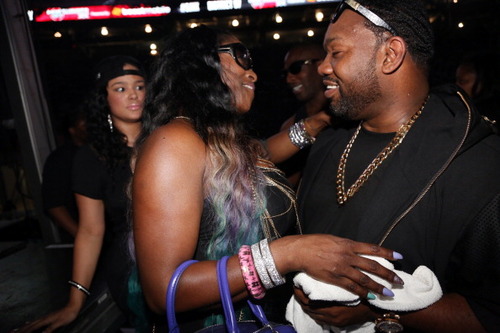

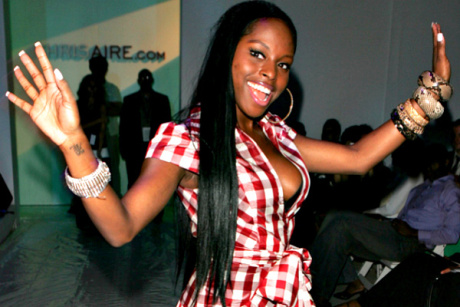
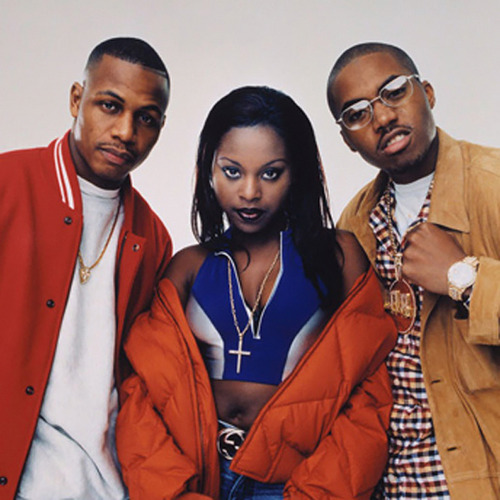
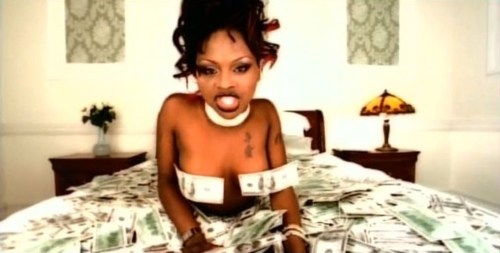
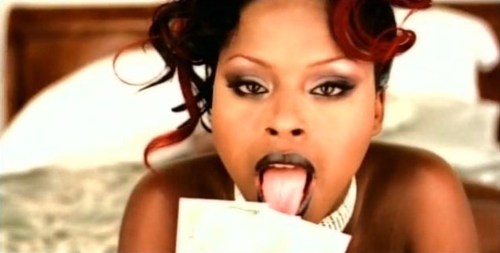


Follow Foxy Brown on Social Media:
Claim your bio by clicking the button above and let us know how we can work with you to update your digital bio
The history of hip hop culture and music. Learn about how hip hip has been commercialized, impacted pop culture, education & the universe. Take the journey through the 1990's with Tupac, the Notorious B.I.G., The Wu-Tang Clan, Jay-Z, Nas, DMX, Lil Kim, Junior Mafia, Tribe Called Quest, Dr. Dre, Snoop Dogg, Outkast, Scarface, Mos Def, Lady of Rage, The Fugees, Lauryn Hill, Puff Daddy, P. Diddy, Ruff Ryders,
